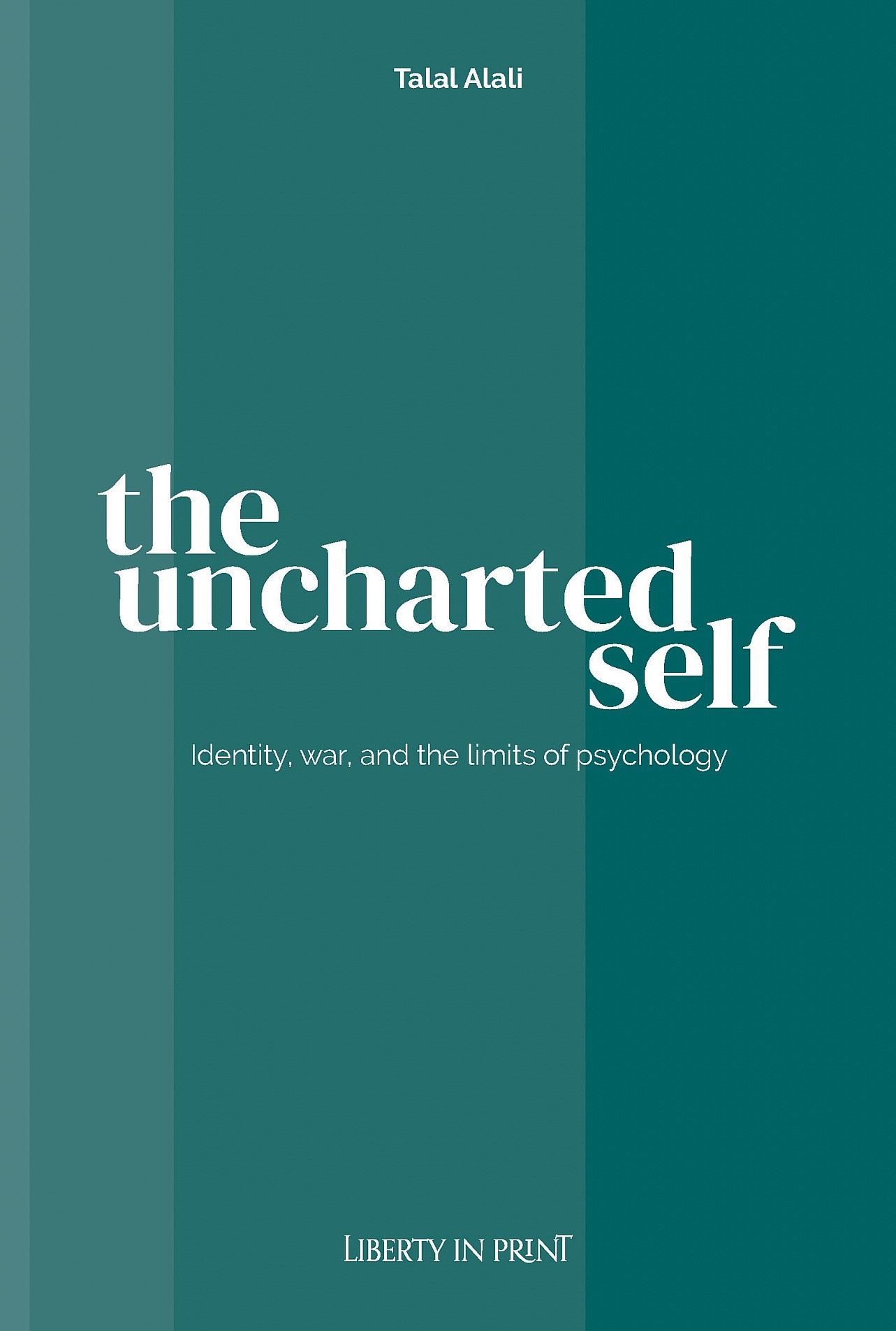The Uncharted Self: Identity, War and the Limits of Psychology | Talal Alali
The Uncharted Self explores how some individuals maintain their psychological well-being in the face of traumatic experiences, while others develop mental disorders, and many normalize harmful behaviours that prolong their suffering.
It examines the limitations of psychology – especially studies relying on self-report – in understanding the complex and multifaceted nature of traumatic events, and how people construct and cope with these experiences.
The book raises several interconnected, fundamental questions:
What happens to us when we experience a traumatic event? Does everyone develop psychological disorders like PTSD?
Do most people develop pathological reactions, or can some maintain their psychological well-being? How do they achieve this, and can we learn from them?
How do people survive traumatic experiences?
How did the Germans, Poles, British, Japanese, and Koreans maintain their psychological well-being after the Second World War?
Focusing on wars from a psychological perspective – especially the conflicts in Lebanon, Iraq, and Gaza – Dr Alali poses direct and critical questions:
What prevents Jews and Arabs from living in peace?
Why does this conflict persist?
Why has Lebanon experienced civil conflict for decades?
Why have Iraqis been fighting each other?
Why has the Middle East been plagued by civil conflicts for many decades, if not centuries?
Could these civil conflicts spread to Europe, North America, and Australia as many people from the Middle East migrate to these regions?
Talal Alali explores how people involved in conflicts present themselves, their suffering, and the conflicts. His analysis reveals that collective identity is one of the most powerful yet least understood drivers of humanity. Identity influences our behaviours, shaping us through social norms, culture, and personal beliefs. It can drive people to justify harm when they perceive others as fundamentally different or inspire cooperation when they identify as part of a larger, meaningful group. Despite numerous studies, articles, and books, many aspects of identity remain mysterious to both scientists and the general public.
In this book, Alali examines collective identity and its intricate relationship with both mental disorders and trauma within the context of war. He explores why psychology has struggled to fully grasp these dynamics and how we can better understand conflicts like those in the Middle East and Ukraine.



















